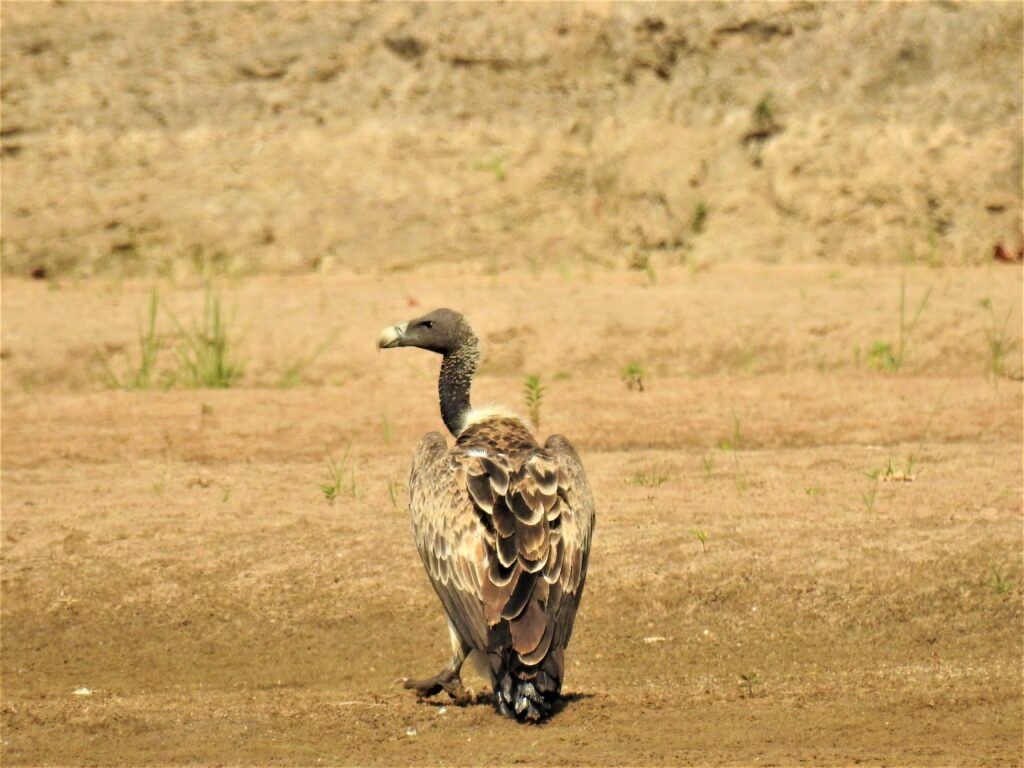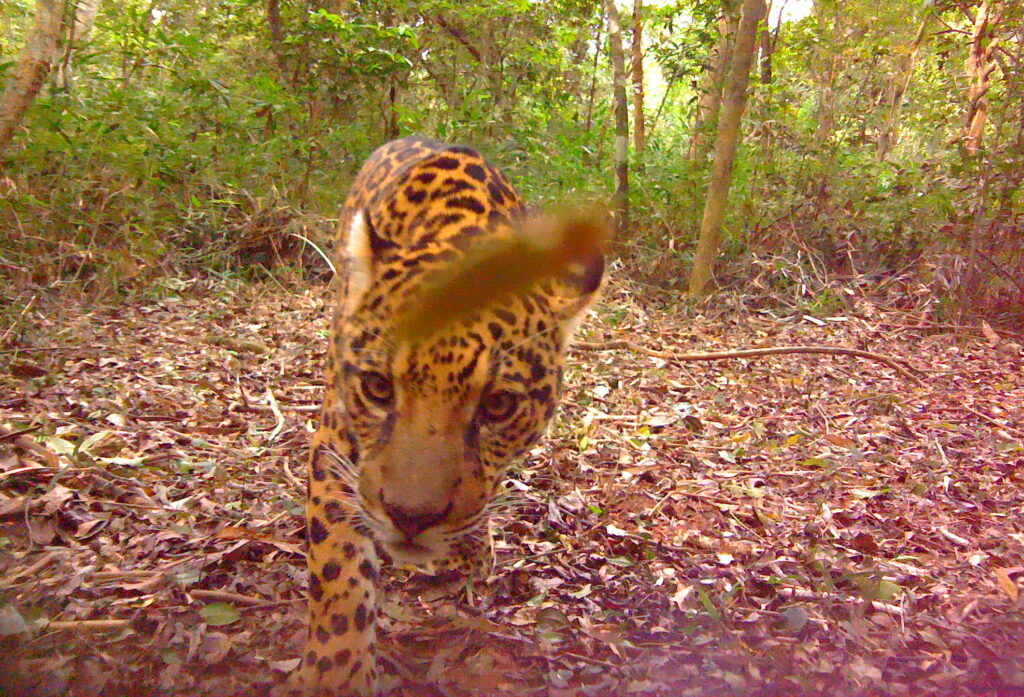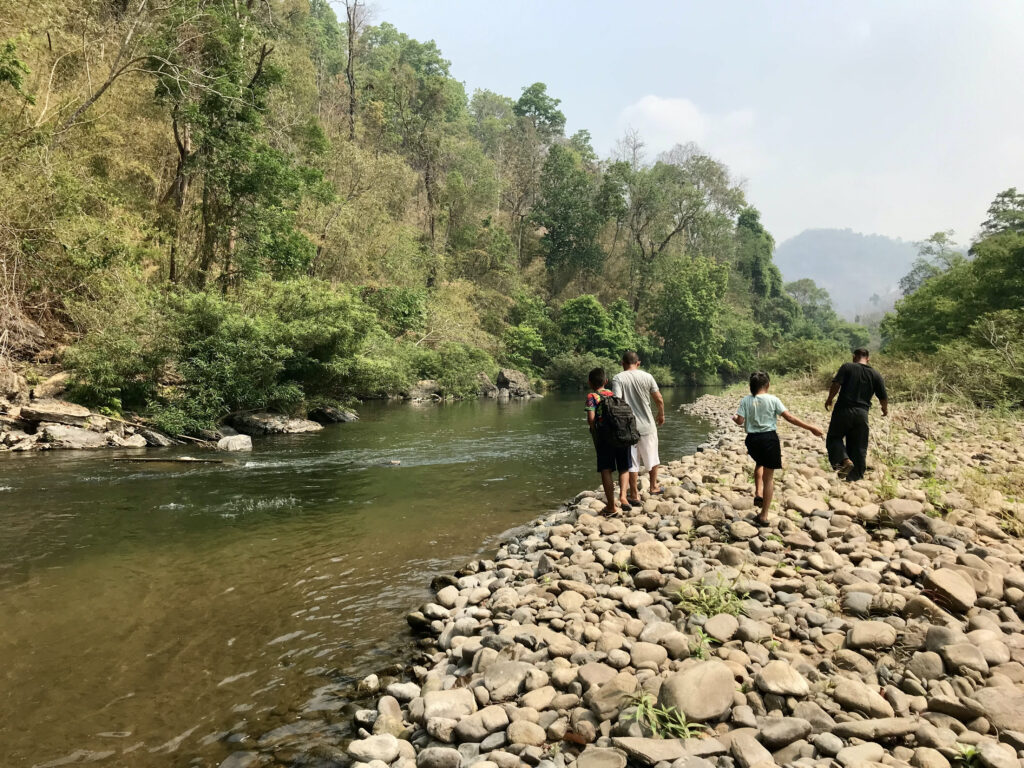Local ecological knowledge (LEK; also known as traditional or indigenous ecological knowledge) includes the understandings, beliefs, and practices that human societies accumulate during experiences with their natural environment. Such knowledge has always been dynamic, evolving in tandem with ecological and social change. But LEK may be in decline as its most common custodians, rural and indigenous communities, are transformed socially and economically.
Researchers Shankar Aswani, Anne Lemahieu and Warwick H. H. Sauer reviewed studies from around the world to understand the factors that are causing LEK to change and the direction of change. They read 92 papers about studies from 50 countries, with most describing the loss of traditional knowledge and a small proportion describing its persistence or transformation without loss. Studies reporting a decrease in LEK among its study population attributed it to generational loss, modernisation, market integration, globalisation, and Western-style education. In general, LEK loss was more likely to occur among women than men. Declining LEK will most likely have the greatest impact on indigenous communities who rely more heavily on natural resources for their culture and livelihoods, and who may have a more urgent need to identify and respond to environmental unpredictability. The potential loss of LEK also has implications for biodiversity conservation and management plans which utilise it.
Integrating science and local knowledge into resource management may help to preserve LEK, as well as safeguard biodiversity and the cultural rights of indigenous peoples who should be involved in decision-making. The authors recommend that greater efforts be made to document LEK and its change over time before the knowledge is transformed, or lost to us, forever.
Further Reading:
Aswani S., A. Lemahieu & W.H.H. Sauer (2018) Global trends of local ecological knowledge and future implications. PLoS ONE 13(4): e0195440.






